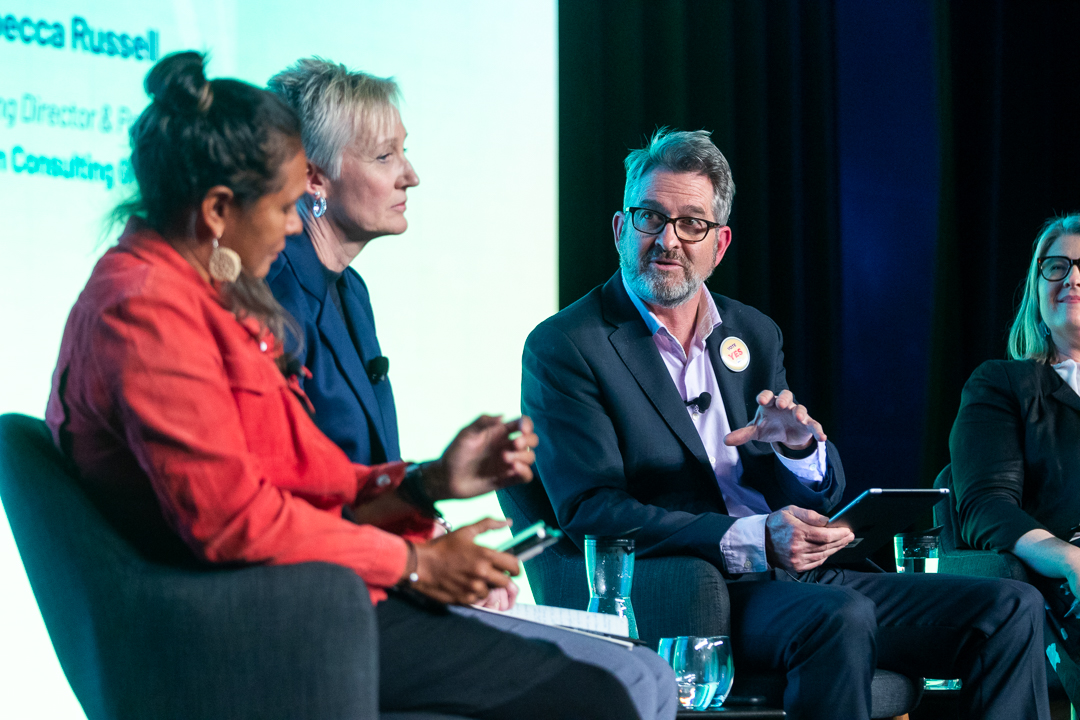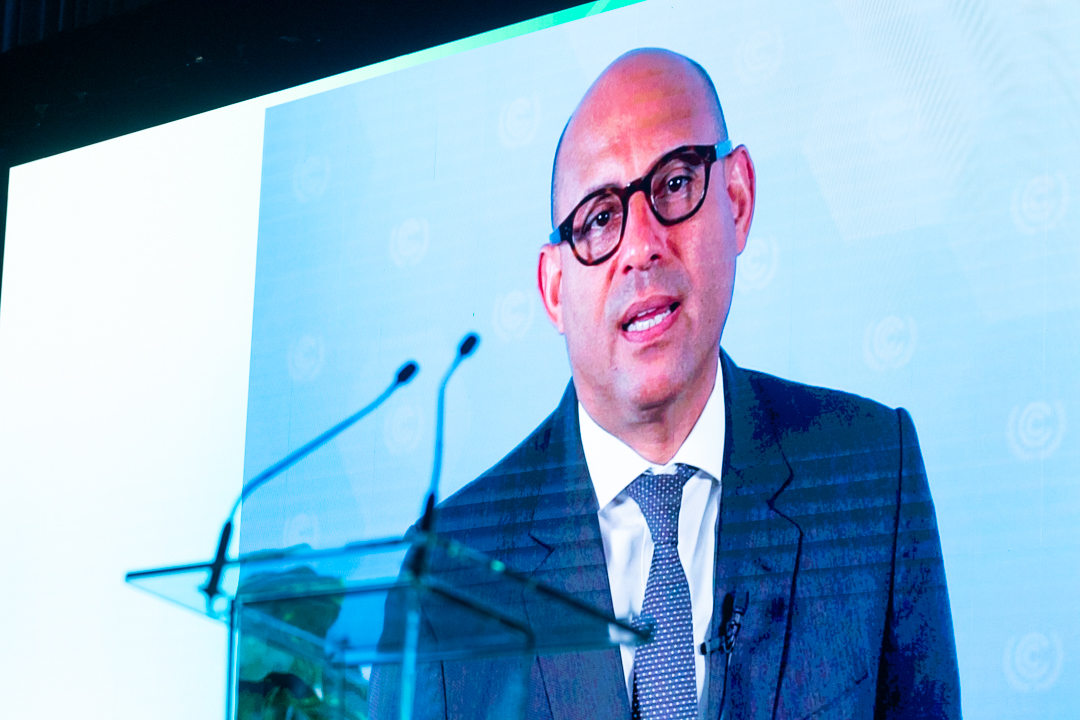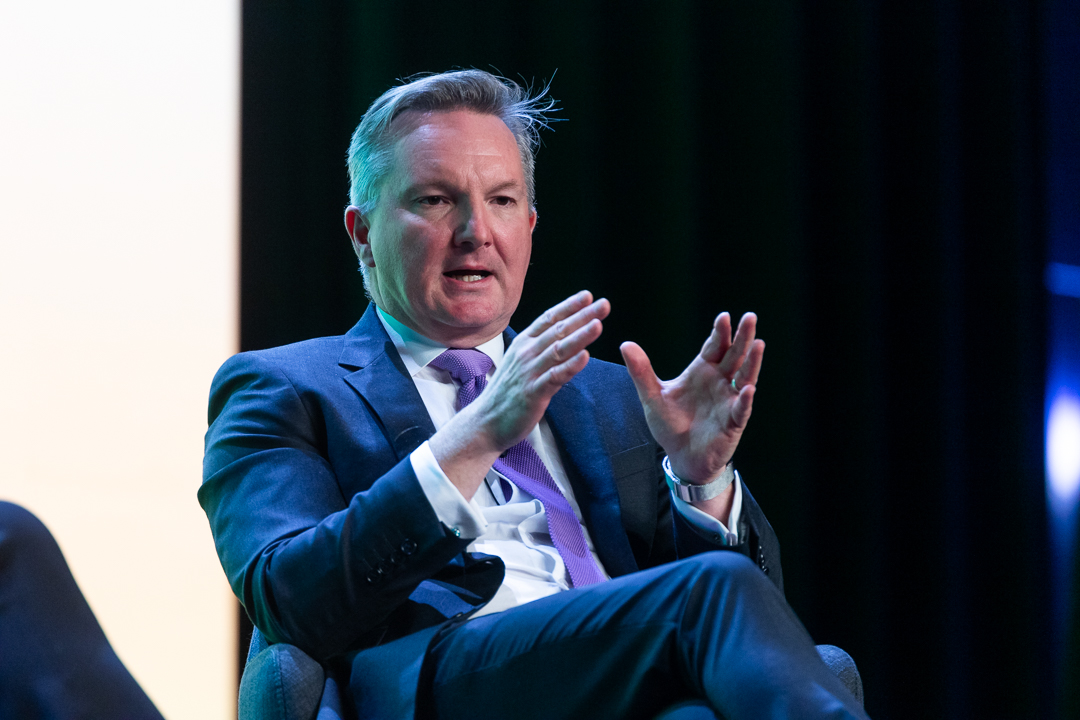The task of decarbonising Australia’s economy will require a level of investment and transformation equivalent to the period of post-war reconstruction, according to Greg Combet, the Chair of the new Net-Zero Economy Agency.
Speaking at the Carbon Market Institute’s (CMI) Australasian Emissions Reduction Summit in Sydney today, Combet added that the federal government has recognised the immensity of the task that lies ahead.
Reflecting on the last decade of climate debate in Australia, Combet said the most profound change over the last 10 years had occurred within the business community.
The need for significant decarbonisation is now “overwhelmingly accepted” within the business sector, Combet said.
“That’s a wonderful change,” he said.
Combet added that a number of major companies were no longer making the rate of return on capital expenditure the sole test of whether they should undertake decarbonisation projects.
“They’re not just thinking in terms of a particular return target,” he said. “They’re thinking about the longevity of the business overall, and that they’re going to need to be marketing their product transparently as a very low emissions intensive product.”
This need to decarbonise for long-term security is now front and centre for many businesses, and therefore, the return expectations on a particular decarbonisation investment “is not the principal consideration”, he told the Summit.
CMI CEO John Connor also reflected on the last 10 years, describing it as characterised by three phases.
“In the first phase there was still a debate about the reality of climate science,” Connor told the Summit.
“The second phase was a debate about the extent of the response required, in which the catch-cry became ‘we need to build low-carbon economies’,” Connor said, adding that the phrase “has way too much wriggle room”.
“The third phase is one we are in now. We agree on net-zero as a target, but we are grappling with crucial issues such as by when, by what means and on what trajectory and with what medium term targets, and within what carbon budgets?”
Connor added that “in the understandable desperation to get major emitters to invest in Paris-aligned emissions reduction trajectories, market mechanisms and initiatives are copping a beating”.
“This is occurring even though robust, well-designed markets can enable all corporates and consumers to take responsibility for their residual emissions, by investing in verifiable reductions in other parts of the economy,” he said.
Nevertheless, “carbon markets need to be transparent, credible and sustainable”, Connor stressed.
However, if robust markets are undermined, then tasks such as phasing out unabated fossil fuels and halting and reversing deforestation and forest degradation will become much harder, he said.
Not all speakers in the Summit’s opening session had a 10-year perspective.
Twenty-two year old Amy Duong is studying international relations at Sydney University and attended last year’s UN climate talks with a scholarship from Global Voices, a youth-led Australian not-for profit committed to developing the next generation of public policy experts.
Duong told the summit that it was very positive to see the emergence of “a culture of critical scrutiny” of carbon markets.
However, the debate needs to be firmly oriented on getting the balance right.
Carbon markets, along with the Safeguard Mechanism, are “important policy tools” that will help shape Australia’s capacity to reduce its emissions.
“I really do believe that carbon credits have such an important role in assisting with the transition, but only if they are used correctly,” Duong said.
Suzanne Thompson, a director of the Indigenous Carbon Industry Network, also spoke in the opening session, showing the summit a 1926 photo of her great grandparents living in a “fringe dwelling camp” just outside of Barcaldine, in central-western Queensland.
Thompson is a founder and managing director of Yambangku Aboriginal Cultural Heritage and Tourism Development Aboriginal Corporation, which manages an 8,870-hectare property in outback central-western Queensland.
Yambangku’s activities on the property, known as Turraburra or Gracevale station, include a human-induced regeneration project that earns carbon credits.
Thompson told the summit that carbon projects “are not just reducing carbon, they’re changing lives of communities”.
“They are creating a better future for my people and, I think, for all of us,” Thompson said.
If done the right way, carbon projects developed by Indigenous Traditional Custodians have unique benefits “in terms of self determination and healthy country,” she said.
About the 10th Annual Australasian Emissions Reduction Summit
The Carbon Market Institute’s annual Emissions Reduction Summit is one of the largest and longest-running business and climate action events in the region and is taking place in Sydney today and tomorrow (September 14 and 15).
In the midst of a transformational 12 months for the global economy as it continues to navigate the escalating challenges, scrutiny and real-life impacts of climate change, this year’s Summit will provide a timely pulse-check on business progress, as well as government ambition and international action as leaders prepare for COP28 later this year.
Speakers include Simon Stiell, UNFCCC Executive Secretary, Rachel Kyte, Co-Chair of the Voluntary Carbon Markets Integrity Initiative, and Jean-Marie Paugam, Deputy Director-General of the World Trade Organisation.
About the Carbon Market Institute
The Carbon Market Institute (CMI) is a member-based institute accelerating the transition towards a negative emissions, nature positive world. It champions best practice in carbon markets and climate policy, and its over 150 members include primary producers, carbon project developers, Indigenous organisations, legal, technology and advisory services, insurers, banks, investors, corporate entities and emission intensive industries. The positions put forward constitute CMI’s independent view and do not purport to represent any CMI individual, member company, or industry sector.



